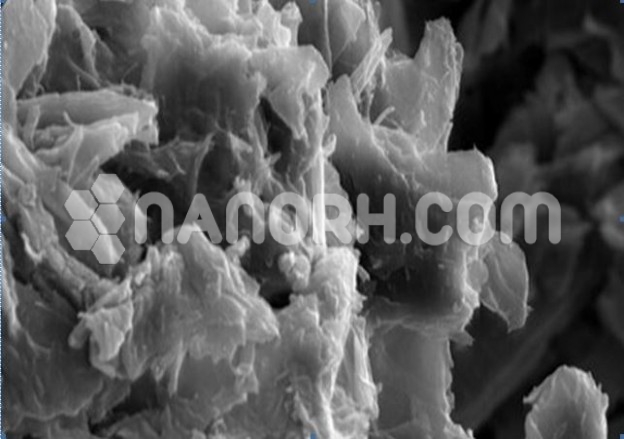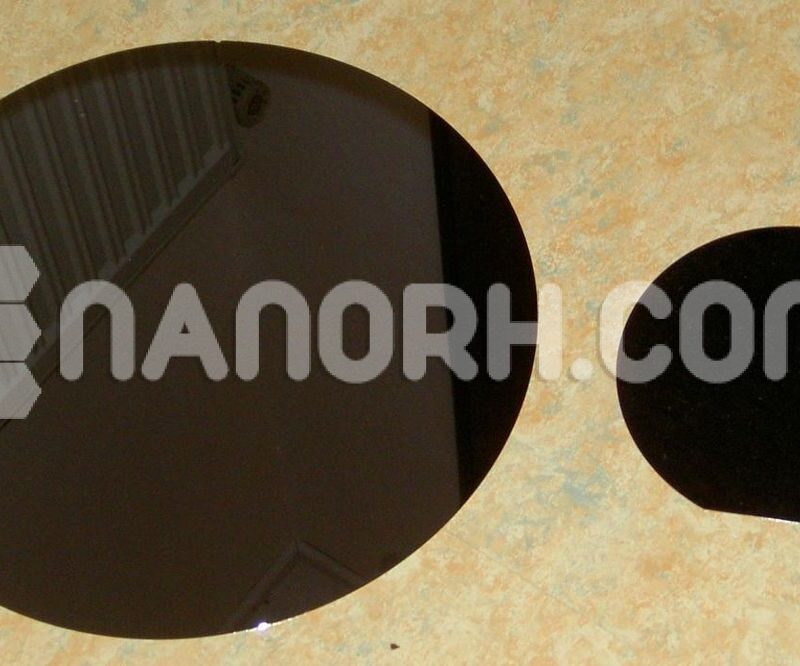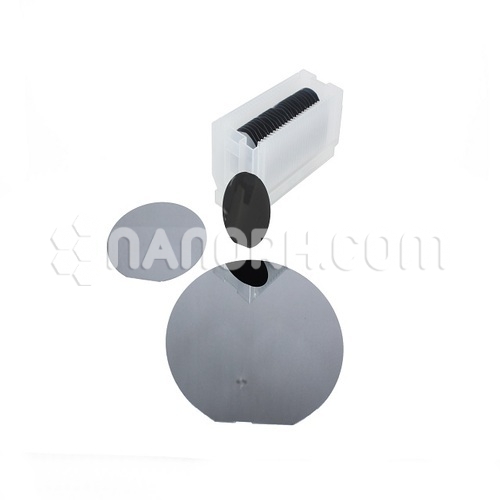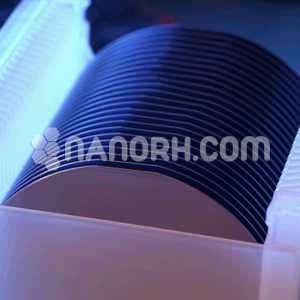| Microcrystalline cellulose | |
| Product No | NRE-44015 |
| Loss in Drying | 6% |
| Sulphated Ash | 0.2% |
| Diameter (mm) | 150 mm ± 1mm |
| Arsenic | 2ppm |
| Heavy Metals | 10ppm |
| Shape | Round |
| pH | 5.0 – 7.5 |
Microcrystalline cellulose
Applications:
Microcrystalline cellulose is a refined wood pulp product that is widely used in various industries due to its unique properties, such as excellent binding, thickening, and stabilizing capabilities.
Pharmaceuticals:
Excipients: MCC is commonly used as a filler and binder in tablet formulations. Its ability to improve the flow properties of powders makes it ideal for drug manufacturing.
Controlled Release: Used in controlled-release formulations due to its swelling properties, helping to regulate the release of active ingredients.
Food Industry:
Food Additive: Acts as a thickener, stabilizer, and emulsifier in various food products, such as sauces, dressings, and dairy products.
Calorie Reduction: Employed in low-calorie foods to provide bulk without adding significant calories.
Cosmetics and Personal Care:
Thickening Agent: Used in creams, lotions, and gels to enhance texture and stability.
Suspending Agent: Helps suspend active ingredients in cosmetic formulations, improving product performance.
Paper and Packaging:
Additive: Enhances the strength and durability of paper products. MCC can be used to improve the quality of coatings and inks.
Biodegradable Packaging: Employed in the development of eco-friendly packaging materials due to its biodegradability.
Building Materials:
Additive in Cement: Used to improve the workability and adhesion properties of cement and other construction materials.
Wallboard: Incorporated into gypsum wallboard for enhanced performance.
Textiles:
Finishing Agent: Utilized in textile formulations to improve the texture and feel of fabrics.
Plastics and Composites:
Reinforcing Filler: Used in biodegradable plastic composites to enhance mechanical properties while maintaining environmental sustainability.




